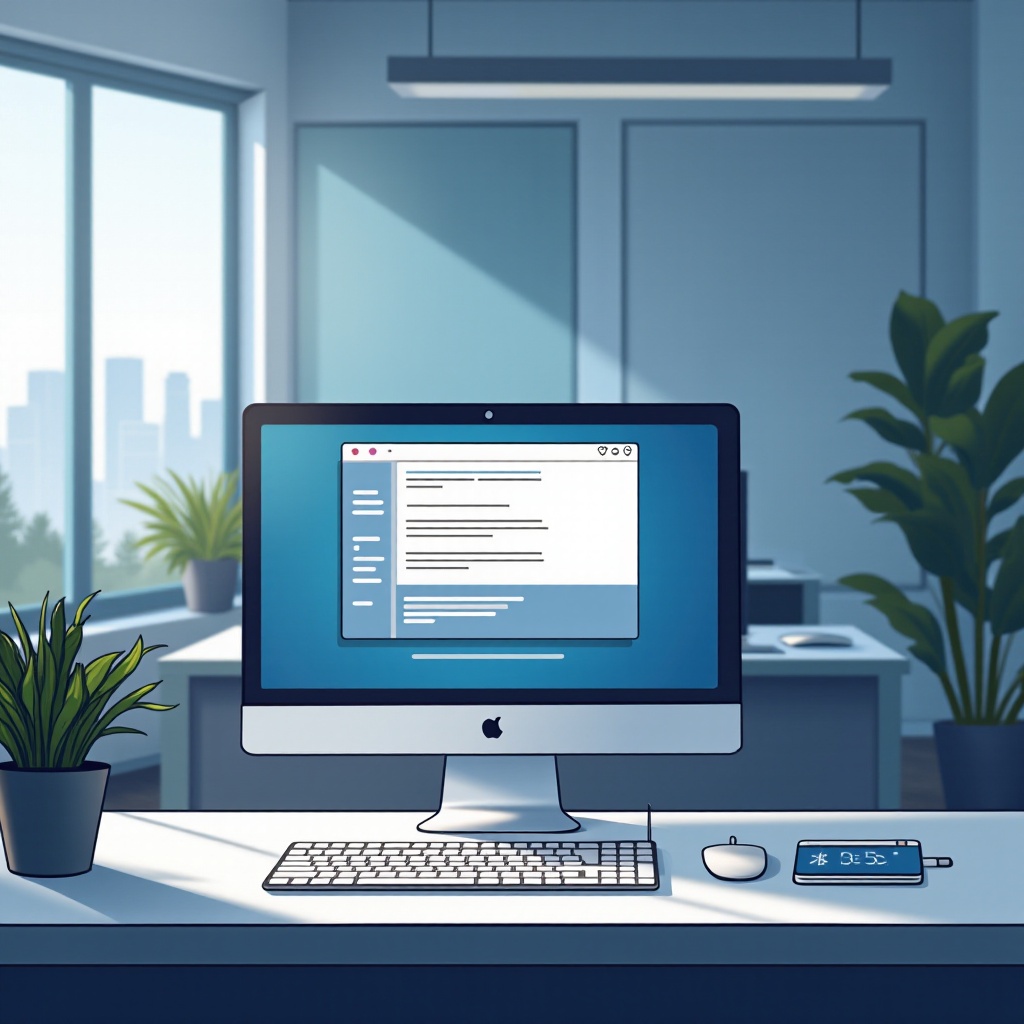Introduction
Encountering unexpected alerts from your operating system can be a frustrating experience. These alerts, while often overlooked, serve as a crucial line of communication between the system and the user to ensure everything runs smoothly. One particularly confusing notification is the ‘operation system is out of complain’. This comprehensive guide will help demystify this alert, guide you through its resolution, and provide tips to keep your system in top shape.
Tackling notifications head-on is key to maintaining system health. By attending to these alerts promptly, users can prevent more serious issues and ensure that their computers run smoothly and efficiently.

Understanding Operating System Alerts
Operating systems frequently generate various notifications to inform users about potential issues or updates. However, when it comes to the ‘out of complain’ alert, users may find themselves at a loss. At its core, this alert indicates an issue that needs user intervention, though its wording can be misleading.
Typically, operating system alerts range from reminders about software updates to warnings about hardware malfunctions. The ‘out of complain’ alert often suggests a software conflict or an error within the system settings that could impact the overall functionality.
Comprehending and responding to these alerts promptly is vital. Ignoring them could lead to larger problems, such as decreased system performance or data loss. Thus, understanding what these notifications mean and taking appropriate action is essential for any user.
Identifying the Root Causes
Several underlying issues can generate the ‘out of complain’ alert. Identifying these causes is the first step in resolving the problem effectively.
-
Software Conflicts and Updates: These are often the culprits behind many operating system alerts. Incompatible software or outdated system processes can trigger such notifications. Addressing these conflicts can restore system harmony.
-
Hardware Malfunctions: Whether it’s a failing hard drive or a memory error, hardware issues can manifest through system alerts. These require prompt attention to prevent further hardware damage.
-
User Configuration Errors: Sometimes, user-modified settings can inadvertently lead to misconfigurations. These errors may result in the system failing to operate as expected, leading to alerts such as ‘out of complain’.
Understanding the potential sources of this alert primes users for effective troubleshooting, ensuring actions are both targeted and beneficial.
Troubleshooting Steps for ‘Out of Complain’ Alerts
Once the causes have been identified, it’s time to internalize troubleshooting processes that handle the ‘out of complain’ alert.
- Resolving Software Conflicts:
- Identify any recent software installations or updates that may be incompatible with your operating system.
-
Roll back or uninstall problematic updates to see if the alert resolves.
-
Driver and Software Updates:
- Ensure all drivers are up-to-date, as outdated drivers can destabilize the system.
-
Regularly update all software applications to maintain compatibility and functionality with the operating system.
-
Adjusting and Resetting User Settings:
- Check your device settings and configurations for any incorrect changes that could have prompted the alert.
- Reset to default settings if necessary to eliminate user-induced errors.
Addressing these steps not only rectifies the current alert but also strengthens the system’s overall performance and reliability.

Professional Help and Long-term Solutions
In some cases, self-troubleshooting may not completely resolve the ‘out of complain’ issue. Knowing when to seek professional help and implementing long-term strategies is crucial for optimal system performance.
- When to Seek Expert Assistance:
- Persistent alerts after attempting standard troubleshooting means consulting a professional technician might be necessary.
-
Specific hardware issues, especially those involving essential components, often necessitate expert repair.
-
Long-term Maintenance Strategies:
- Regular system diagnostics help detect and solve potential issues early on.
-
Scheduling periodic professional maintenance can extend both hardware lifespans and increase operational performance.
-
Planning for Future System Health:
- Implement regular data backups to safeguard against data loss during unforeseen malfunctions.
- Engage in continuous learning about best practices for system maintenance and management to stay informed.
Incorporating these long-term solutions not only keeps your system running smoothly but also minimizes the likelihood of facing such alerts in the future.

Conclusion
Understanding the nuances of the ‘out of complain’ alert is essential for effective resolution. By grasping both the causes and solutions, users can handle these alerts with confidence, ensuring their systems remain efficient. Routine maintenance and informed user practices are the best defenses against recurring issues.
Frequently Asked Questions
What Should I Do First When I Receive an ‘Out of Complain’ Alert?
Start by checking recent changes like software installations or updates. Identify and revert any alteration that might have triggered the alert.
Can I Ignore ‘Out of Complain’ Notifications if My System Seems Fine?
Ignoring alerts can lead to greater issues. It’s crucial to investigate and resolve them to maintain system performance and avoid data loss.
How Often Should I Update My Operating System to Prevent Alerts?
Enable automatic updates or check for updates at least monthly to ensure the system remains secure and runs smoothly.
